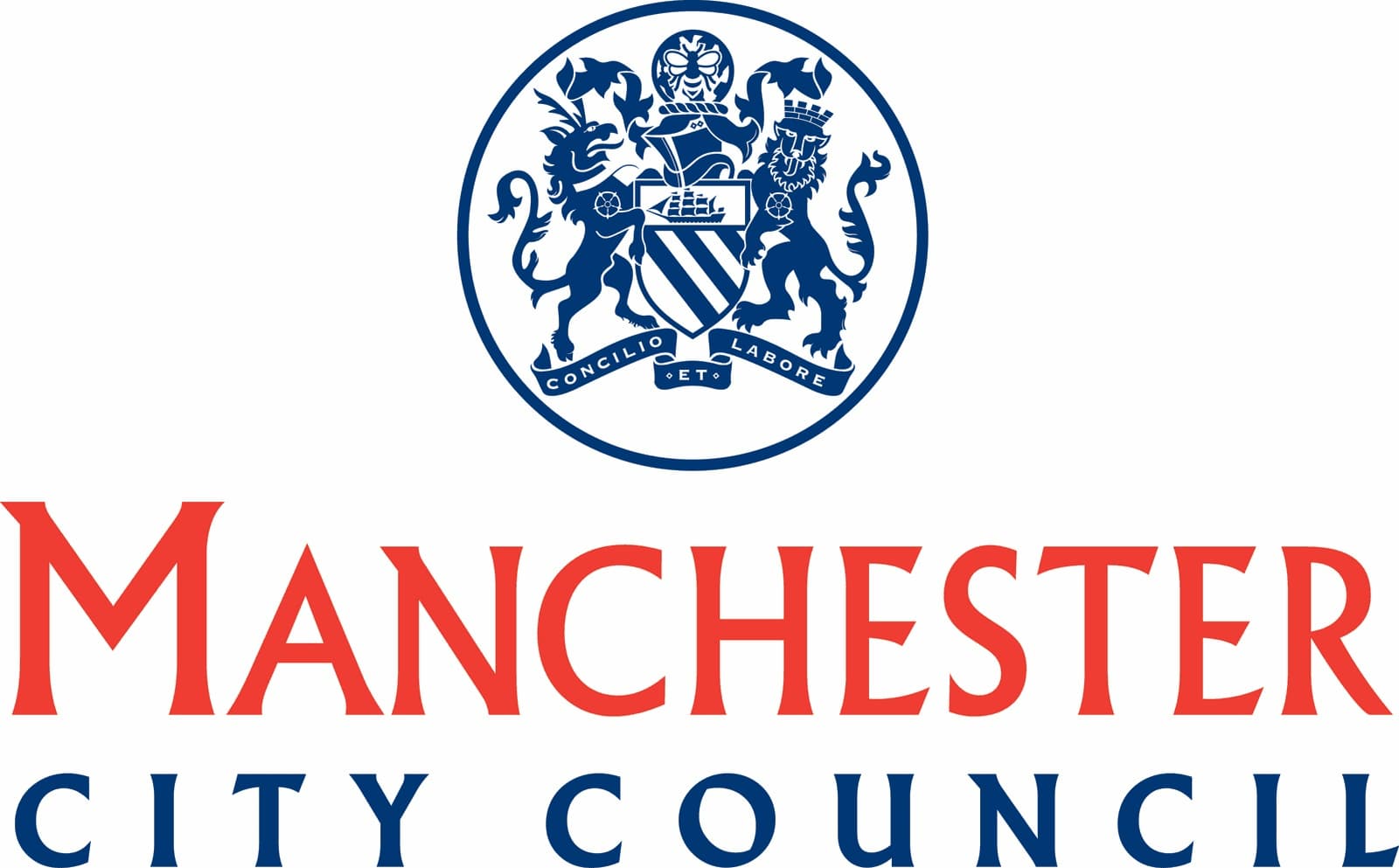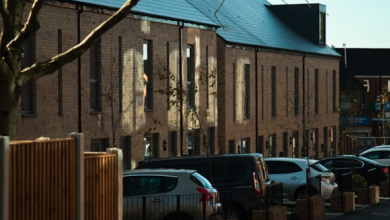Manchester City Council On Track for Climate Goals but Faces Ongoing Challenges
Manchester City Council's latest annual report on its Climate Change Action Plan shows the council is on course to meet its target of becoming a zero-carbon organisation by 2038 or sooner. The report evaluates the council’s carbon emissions for 2023/24, marking the fourth year of the current action plan that spans from April 2020 to March 2025.

Guided by the Tyndall Centre for Climate Change Research’s science-based targets, the council has utilized 75.5% of its allocated carbon budget of 126,336 tonnes over five years, with just one year (20%) left in the period. This means the council still has up to 31,173 tonnes of emissions within its carbon ‘budget,’ suggesting it will likely stay on track barring any unforeseen circumstances.
Despite this progress, the council’s emissions rose by 7% from 2022/23 to 2023/24, increasing from 22,056 tonnes to 23,056 tonnes—exceeding the target of 21,256 tonnes for 2023/24. This increase was largely due to the National Grid’s higher reliance on fossil fuels, such as natural gas and coal, for electricity generation, which affected the council’s carbon figures for the year.
The council is preparing a new Climate Change Action Plan for the 2025-30 period, outlining strategies to further reduce carbon emissions and maintain the trajectory towards its zero-carbon goal by 2038 or earlier. Notable initiatives include a Power Purchase Agreement to procure renewable electricity directly from a new solar farm starting in 2025.
However, the council anticipates greater challenges in the next phase, including navigating a tough national funding environment and the complex task of retrofitting council-owned housing on a large scale. These efforts are complicated by technical difficulties and a shortage of skilled workers across the industry. Despite these hurdles, the council is committed to playing a proactive role in overcoming these broader challenges and advancing its climate goals.




